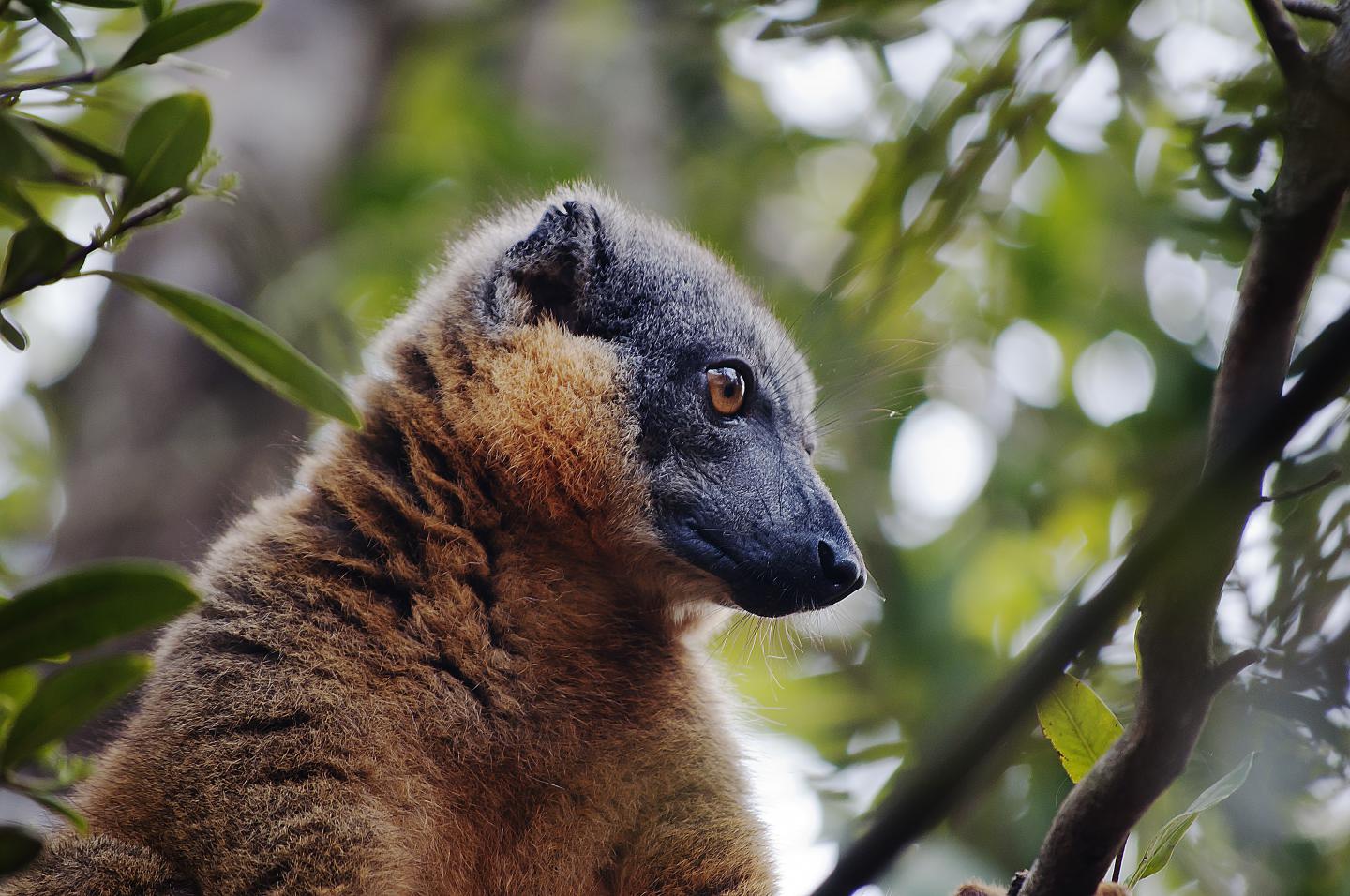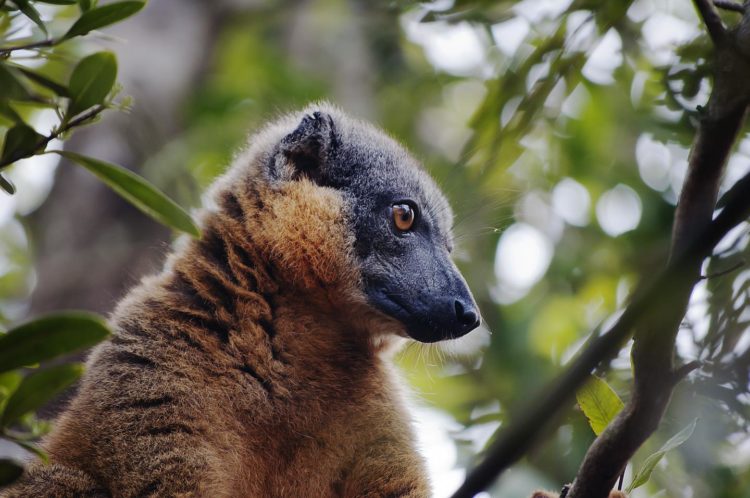
Credit: Marco Campera
Throughout their evolutionary history, animals in regions with limited lowland habitat have evolved to adapt to higher elevations. Although lemurs–among the most endangered mammals on earth–are flexible and can persist at intermediate and high elevations in the Madagascar’s eastern rainforest, a new Mammal Review study shows that the few remaining patches of lowland rainforest host the highest levels of lemur abundance for several species.
The findings suggest that the rapid human encroachment occurring in Madagascar’s coastal areas has disproportionately threatened these primates.
“Very few lowland forests remain in Madagascar, and most of them have been poorly studied compared with areas at mid-elevations,” said lead author Marco Campera, PhD, of Oxford Brookes University, in the UK. “Our research group found that the few remaining forests at low elevations host the highest abundance of lemurs,”
“It is crucial to promote research and conservation management in the few remaining patches of lowland rainforests to reconstruct the evolutionary history of the lemurs and to ensure the best possible protection of these unique primates,” added senior author Giuseppe Donati, PhD, of Oxford Brookes University, in the UK.
###
Media Contact
Penny Smith
[email protected]
Related Journal Article
http://dx.





